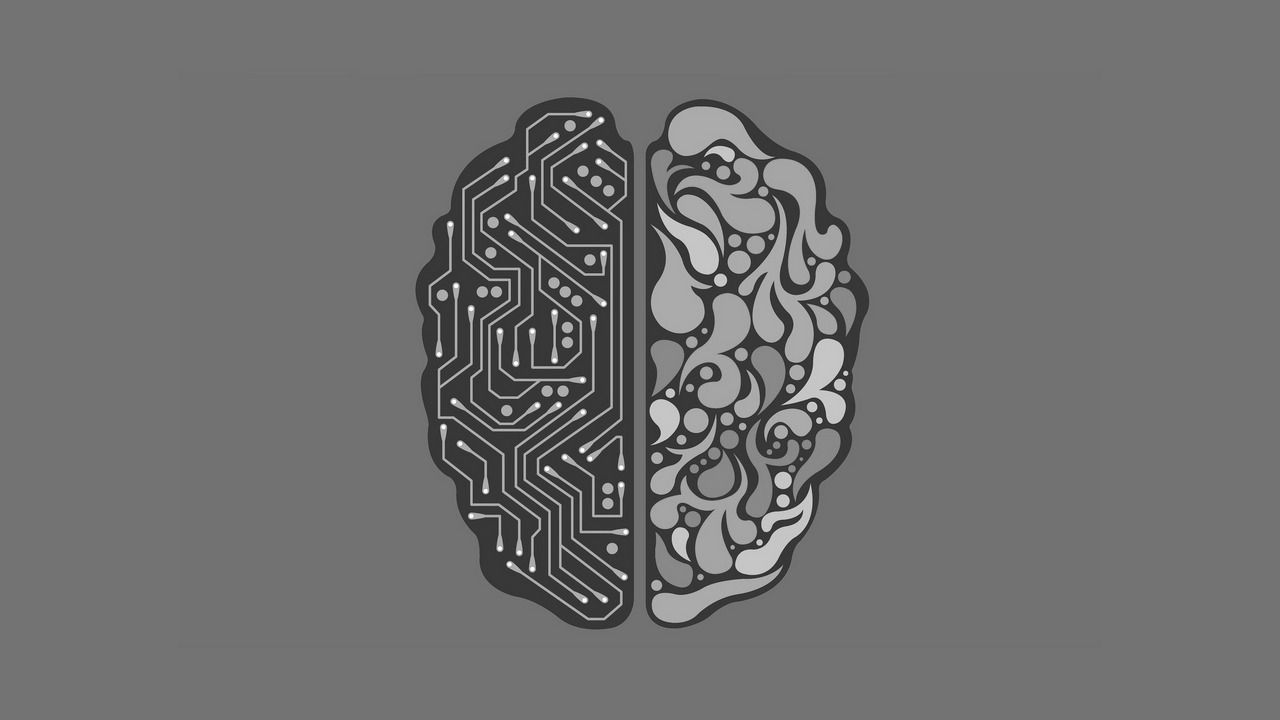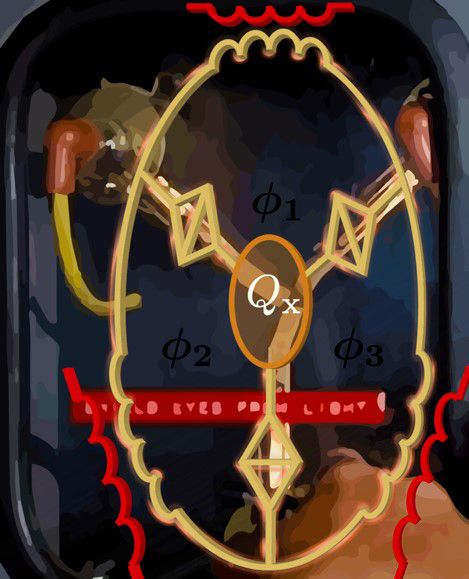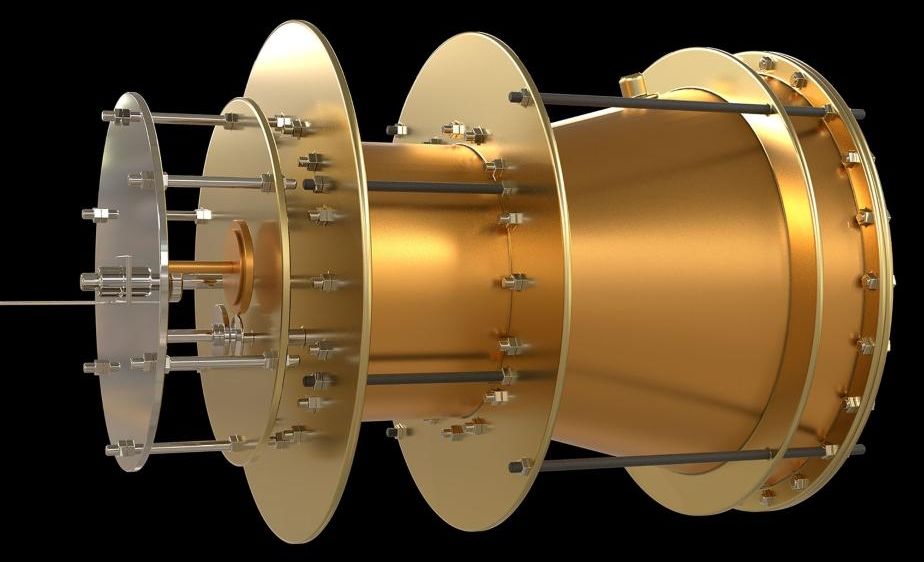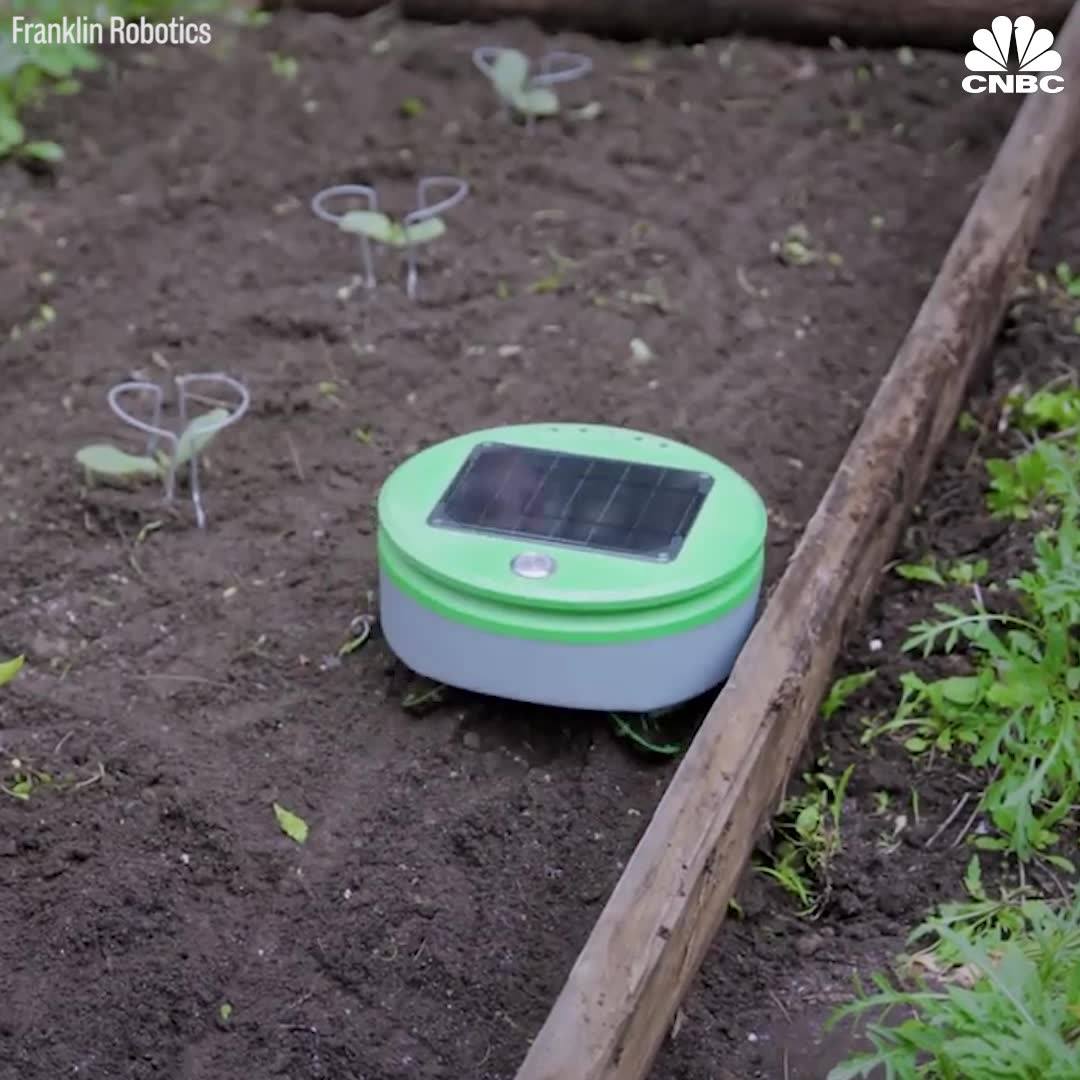The technology could be used at airport security instead of fingerprinting and eye-scanning. It can successfully verify an individual simply by analysing the footstep 3D and time-based data.
The AI system, developed by researchers at University of Manchester in the UK and University of Madrid in Spain, correctly identified an individual almost 100 percent of the time, with just a 0.7 error rate.
Physical biometrics, such as fingerprints, facial recognition and retinal scans, are currently more commonly used for security purposes. However, so-called behavioural biometrics, such as gait recognition, also capture unique signatures delivered by a person’s natural behavioural and movement patterns.










